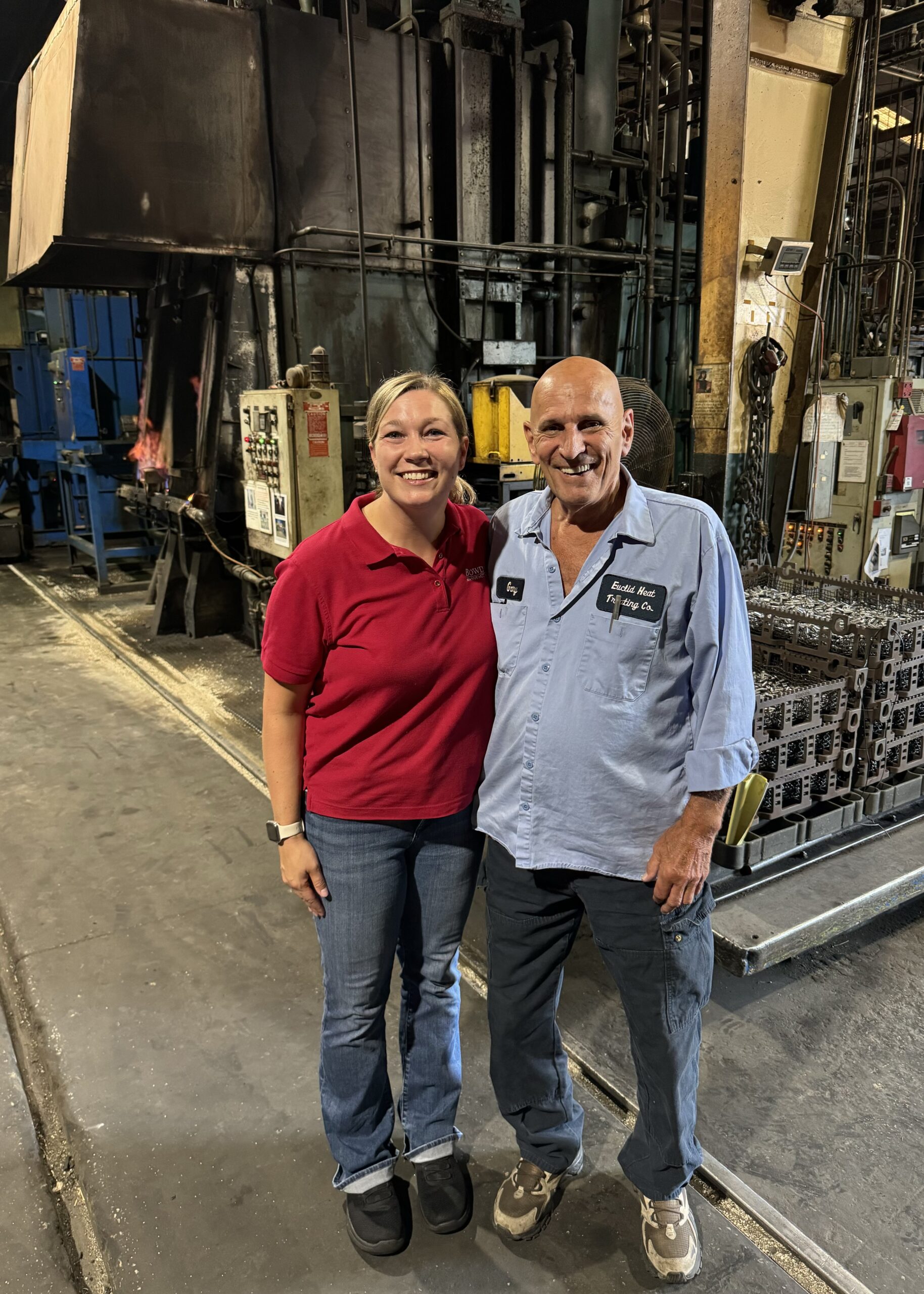In today’s fast-paced business environment, your relationship with Vendors can be the difference between success and stagnation. In almost every industry, Vendors are crucial for expanding capacity and scaling your business. However, they also require careful management, and that can bring more than a few headaches. How you manage these relationships will significantly impact your Supply Chain’s success.
The Power: Partnerships
Let’s start by asking: where do your current relationships with Vendors stand? Are they true Partnerships, necessary evils, or somewhere in between? It’s essential to shift your mindset from merely managing Vendors to growing Partners. A strong Partnership with your Vendors can provide mutual benefits, driving both your business and theirs towards succes
- Do You Think of Your Vendors as an Extension of Your Team? If you don’t see your Vendors as Partners, it’s likely they won’t see themselves that way either. How you think about your Vendors shapes how you deal with them. If you mentally keep them at arm’s length, they’ll feel the distance, which can hinder collaboration and mutual growth.
- Are You Constantly Searching for New Vendors Because Current Ones Don’t Perform? If you find yourself frequently looking for new Vendors, it might be time to reflect on how you’re interacting with the ones you have. Providing support and clear information can help your Vendors succeed. When they know you care, they’re more likely to deliver on their promises and work towards your success.
- Do Your Vendors Have Your Best Interests in Mind? While every company needs to look out for its own interests, engaging with your Vendors to ensure they understand your needs is crucial. When your Vendors know what matters most to you, they’re more likely to meet those needs, helping you achieve your goals.
 The Heart: Communication
The Heart: Communication
It’s been said that “A relationship without communication is just two people.” In the case of Customers and Vendors, it’s just two companies. Effective communication is key to turning a Vendor relationship into a true Partnership.
Consider these two crucial questions:
1.When was the last time your Vendor was late with an order, and how soon did they inform you? If they didn’t notify you promptly, how did you handle the situation? Let your Vendor know you prefer transparency. A proactive conversation about potential delays helps you adjust your plans and fosters better collaboration.
2. Does your Vendor have a system in place for consistent communication, including order acknowledgment? If not, how do you ensure you’re on the same page and receive timely updates? Consistent communication ensures you get the information you need, when you need it, reducing the risk of miscommunication and keeping your operations running smoothly.
By addressing these communication aspects, you can strengthen your Vendor relationships and ensure better outcomes for your business.
The Quality: Inspection
Quality is another crucial aspect of Vendor management. Even when a Vendor offers the pricing and delivery dates you need, if the products aren’t up to standard, all your plans can fall apart.
- Does your Vendor have Quality Inspection Plans in place for your parts? Requesting and reviewing a Quality Inspection Plan (QIP) provides added confidence and ensures your Vendor is aligned with what matters most to you. This step allows you to clarify key features and share details that could be crucial for the final product, thus ensuring that your Vendor understands and meets your quality expectations.
Final Thoughts
Your Vendors play a pivotal role in your business’s success. By transforming Vendor relationships into true Partnerships, fostering open communication, and ensuring quality standards are met, you can build a Supply Chain that supports your growth and helps you achieve your business goals. Don’t just manage your Vendors—grow Partners who will help you soar to new heights.

